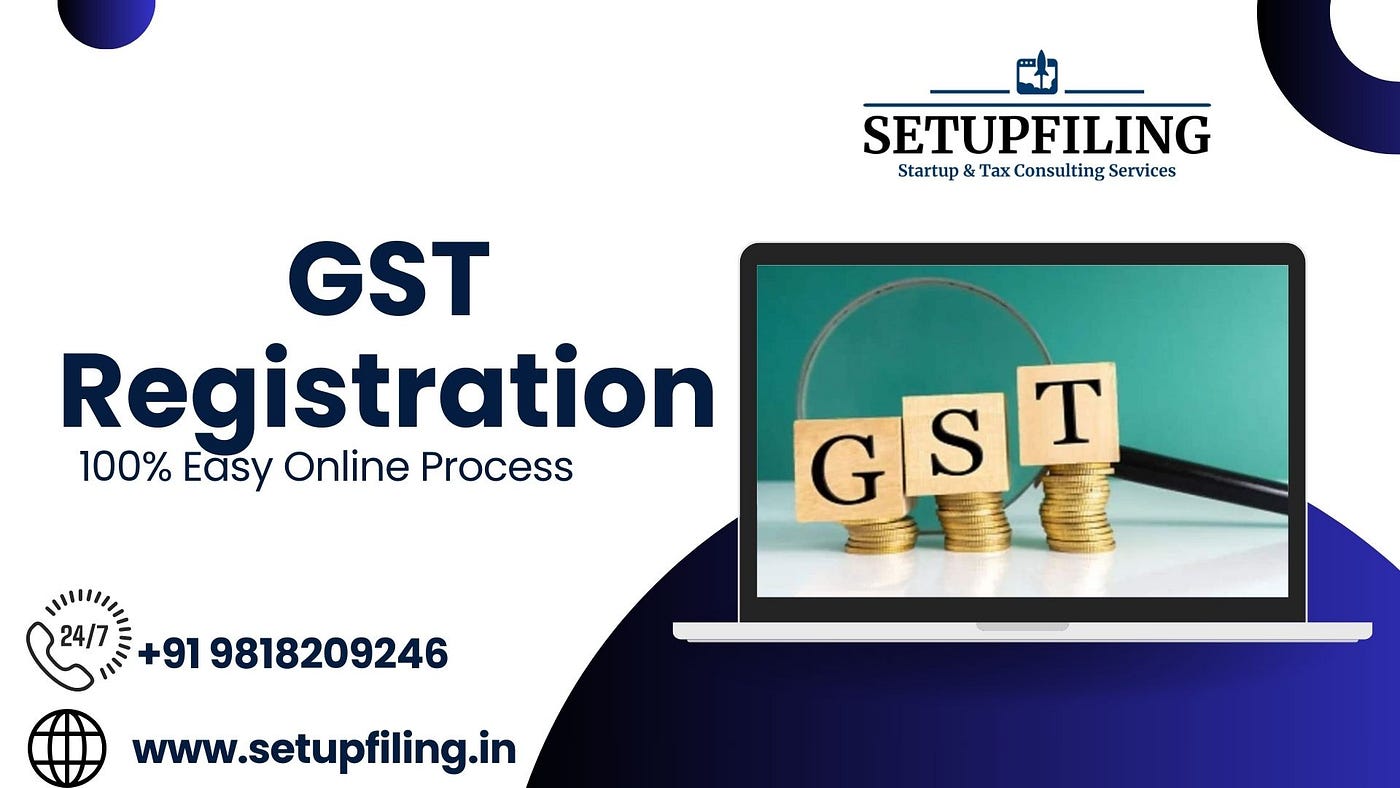Discovering Trustworthy and Reliable Best GST Registration Services in Singapore
Wiki Article
Throughout: The Ultimate Roadmap to GST Enrollment for Companies Looking For Financial Stability
Navigating the complexities of Item and Services Tax (GST) registration is an important action for businesses pursuing monetary security. From comprehending the fundamental concepts of GST to following post-registration guidelines, the process can appear discouraging in the beginning glance. Nevertheless, damaging down the roadmap right into convenient actions can streamline the registration journey for companies seeking to boost their financial standing. Allow's discover the important components that comprise this ultimate roadmap and uncover exactly how each phase contributes to laying a solid foundation for monetary success.Understanding GST Fundamentals
Looking into the fundamental concepts of Product and Services Tax (GST) is crucial for obtaining a thorough understanding of its ramifications on companies and the economy. GST is a value-added tax obligation imposed on many items and solutions for domestic consumption. It has actually replaced multiple indirect tax obligations that existed in the pre-GST age, improving the tax framework and improving simplicity of doing company in India. Under the GST system, both solutions and items are taxed at a details rate, which is identified based on their category. If their annual turn over surpasses the threshold limit set by the federal government, services are required to sign up for GST. Input Tax Credit History (ITC) is a significant attribute of GST, enabling businesses to assert credit score for taxes paid on inputs, minimizing the overall tax problem. Understanding the essentials of GST is important for organizations to abide by tax obligation regulations, handle their funds efficiently, and add to the nation's economic growth by taking part in a clear tax system.Eligibility Requirements for Enrollment
As of the current guidelines, the threshold limit for GST enrollment is an annual aggregate turn over of 40 lakhs for companies running within a state, except for unique group states where the limitation is 20 lakhs. In addition, certain organizations are needed to sign up for GST irrespective of their turn over, such as interstate suppliers, laid-back taxed persons, and organizations liable to pay tax under the reverse cost device. It is vital for businesses to completely analyze their turnover and transaction types to identify their GST enrollment obligations precisely.Papers Needed for Enrollment
Having met the eligibility criteria for GST registration, services need to now guarantee they have the requisite documents in place to continue with the registration process successfully. The documents required for GST enrollment normally consist of evidence of organization constitution, such as collaboration action, enrollment certificate, or consolidation certificate for various types of businesses. In addition, organizations need to supply documents developing the primary location of service, such as a rental agreement or electrical energy expense.Step-by-Step Enrollment Refine
Starting the GST enrollment process includes a collection of organized steps to ensure a certified and seamless registration for organizations. The first action is to see the GST portal and complete the registration type with exact information of business entity. Following this, the candidate obtains a Temporary Recommendation Number (TRN) which is utilized to return that site to the application procedure if it's not finished in one go.Following, all called for documents as per the checklist offered by the GST portal requirement to be published. These records typically include proof of company address, registration and identity evidence of marketers, financial declarations, and business entity's PAN card.

Post-Registration Compliance Guidelines

Final Thought
Finally, services seeking monetary stability must recognize the essentials of GST, satisfy qualification standards, gather required files, follow the step-by-step registration process, and follow post-registration guidelines - Best GST registration services in Singapore. By adhering to these steps, businesses can ensure conformity with tax obligation policies and maintain economic security in the futureFurthermore, certain businesses are needed to register for GST irrespective of their turn over, such as interstate vendors, informal taxed persons, and organizations responsible to pay tax under the reverse fee mechanism.Having actually satisfied the eligibility standards for GST registration, businesses must currently ensure they have the requisite records in location to proceed with the enrollment process successfully. The papers required for GST enrollment normally consist of proof of organization constitution, such as collaboration deed, registration certification, or unification certification for various types of services. Additionally, services need to offer records establishing the primary area of company, such as a rental contract or electricity expense.Starting the GST registration process includes a collection of structured steps to make sure a compliant and smooth registration for services.
Report this wiki page